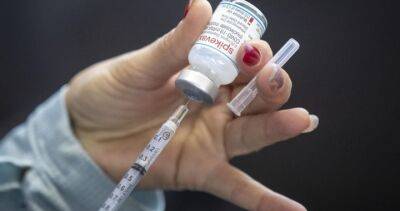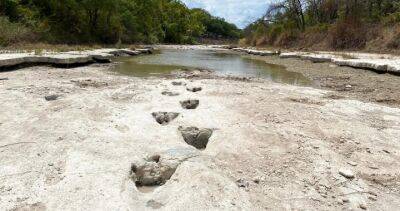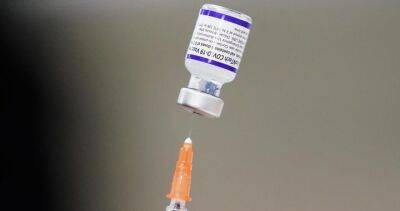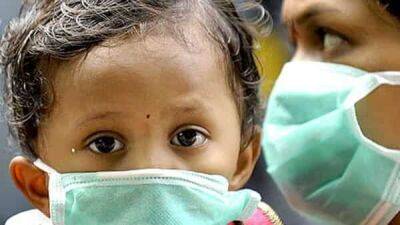News Scan for Aug 23, 2022
Long COVID relatively rare in children and teens, study suggestsA study published yesterday in JAMA Pediatrics suggests that long COVID is uncommon in children and teens and that risk factors include severe SARS-CoV-2 infection, younger age, and complex underlying chronic diseases.The US Centers for Disease Control and Prevention defines long COVID as continuous, relapsing, or new symptoms or conditions persisting at least 1 month after the initial infection.University of Colorado researchers evaluated the PEDSnet electronic health records (EHRs) of 659,286 patients aged 0 to 20 years tested for COVID-19 at one of nine US hospitals from Mar 1, 2020, to Oct 31, 2021.
Average follow-up time was 4.65 months. The average patient age was 8.1 years, 52.8% were male, and 9.1% tested positive for COVID-19.
The hospitals were located in Pennsylvania, Ohio, Colorado, Illinois, Delaware, Florida, Washington state, and California.COVID-19 patients had elevated rates of myocarditis (inflammation of the heart muscle; adjusted hazard ratio [aHR], 3.10), acute respiratory distress syndrome (aHR, 2.96), muscle inflammation (aHR, 2.59), other or ill-defined heart disease (aHR, 1.47), fluid or electrolyte disturbances (aHR, 1.45), treatment for mental illness (aHR, 1.62), and anxiety (aHR, 1.29).Other common conditions included changes in smell and taste (aHR, 1.96), hair loss (aHR, 1.58), chest pain (aHR, 1.52), abnormal liver enzymes (aHR, 1.50), rashes (aHR, 1.26), fatigue and malaise (aHR, 1.24), fever and chills (aHR, 1.22), cardiorespiratory signs and symptoms (aHR, 1.20), and diarrhea (aHR, 1.18).A total of 41.9% of COVID-positive patients reported at least one systemic or syndromic long-COVID sign or symptom or use of an
Read more on cidrap.umn.edu
















































